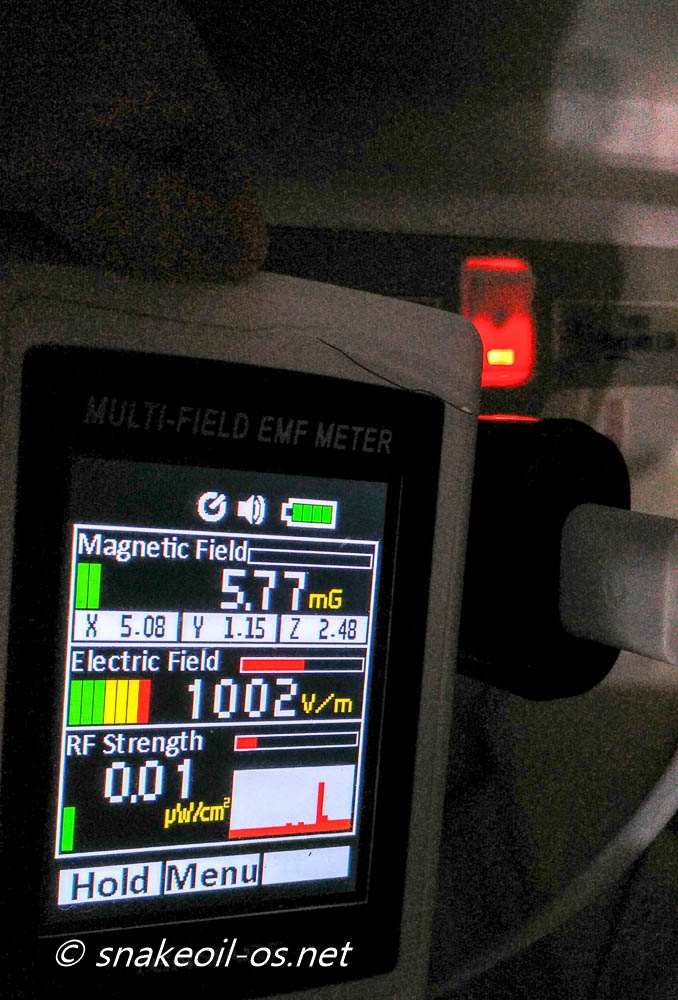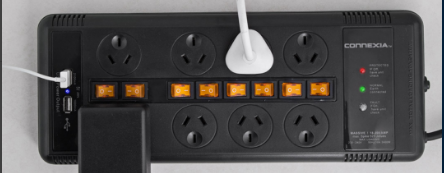4 comments
Comment from: Manuel Jenkin Visitor
Comment from: Dmitry Visitor
ceramic capacitors, especially SMD, are very piezoelectric, i.e they vibrates and we can hear such vibration. there are many ceramic capacitors in DC DC converters, such as chargers, and in LED lamps too. Can you hear sound produced by LED lamps?
Comment from: Agent Kith Member
I have replaced all my house lights to LED now, and to be honest can’t say I do. Will keep an ear out though when things get quiet.
Comment from: korben Visitor
i thought i was going crazy i kept hearing a sickening sound coming from some electronics the first time i heard this high pitched sound was from a device that was made to keep insects away by admitting a high pitched sound humans couldn’t hear but i could hear it and it gave me a headache now im starting to hear the same sound coming from some usb ports in my house but when i unplug them my head finally stops spinning and the sound goes away and i feel normal again i thought emfs were just some conspiracy theory shit but they rly do effect ur body, i honestly hear the ringing all the time no matter what like i can hear all the emfs from all the electronics and power plants and everything in my area but i only ever realized i was hearing emfs after i got rly upclose to some electronics in my house and that ringing got louder yes i hear the ringing all the time but it only gets rly sickening when im up-close to something making the sound, it sucks there’s so much emfs in this world now, we haven’t hade time to know how they effect us i mean there so much on the planet emitting this energy now id like to go back to before we started building citys and making pollution i mean the emfs are a form of pollution to the planet aswell imagine what its doing to some animals its to think about
 This whine may well be connected to the home electrical supply and the same charger that whined can be dead silent when use in somewhere else. The exact cause is still unknown to me at this stage.
This whine may well be connected to the home electrical supply and the same charger that whined can be dead silent when use in somewhere else. The exact cause is still unknown to me at this stage.



As odd as this may sound (pun intended), it could very well be that the transformers in the device are vibrating in that particular frequency. Think about this, they are coils carrying current, and as such a possibility of magnetic field being created from other components is not out of syllabus. It could also be magnetostriction.
https://www.dfliq.net/blog/electrical-transformer-noise-happens-avoid/
The transient properties you listed could be due to the natural inductance, capacitance etc in the circuit and how it is designed. When you cut off the supply the thing could have just got some sudden current spike and probably an L-C oscillation that spikes and dies off.
Thanks and Regards (I love your articles btw), Trust me: I’m an engineer, Manuel Jenkin.